On March 13th local time, the Iranian Ministry of Foreign Affairs revealed to the outside world through the Iran News Agency that Iran is currently conducting a "comprehensive evaluation" of the letter sent by US President Trump, and will decide how to respond after the evaluation is completed. Trump previously publicly announced that he had sent a letter to Iran's Supreme Leader Khamenei, strongly urging Iran to abandon its nuclear weapons development program and engage in negotiations with the United States.
Iranian Foreign Ministry spokesperson Bagai made it clear that the letter was delivered last night and is currently in the evaluation process. However, Agence France Presse pointed out that although Trump claimed that the letter was sent to Khamenei, it is still uncertain whether Khamenei has actually received the letter.
Going back to March 7th, Trump first revealed the letter in an interview program, openly expressing his hope that Iran would abandon its nuclear program and restart negotiations with the United States. However, the Iranian side has responded coldly and firmly to this. On March 10th, Bagae emphasized in Tehran that Iran firmly rejects any negotiation proposal based on intimidation and threats. Khamenei also delivered a speech on the 12th, sharply pointing out that Trump's negotiation invitation was just a scam aimed at misleading global public opinion. Khamenei reviewed the long-term negotiation process between Iran and the United States on the nuclear issue, particularly mentioning the key event of Trump's unilateral tearing up of the 2015 Iran nuclear agreement after taking office. He emphasized that since the United States had no intention of complying with the treaty, there was no need for Iran to repeat the same mistake and negotiate again. He further warned that negotiating with the current US government would not only fail to lift sanctions, but could also potentially lead to even harsher sanctions measures.
In July 2015, Iran reached a nuclear agreement with the United States, the United Kingdom, France, Russia, China, and Germany after arduous negotiations. According to the agreement, Iran promises to strictly limit its nuclear program, and in exchange, the international community agrees to lift relevant sanctions against Iran. Unfortunately, in May 2018, the US government unilaterally announced its withdrawal from the Iran nuclear agreement and quickly restarted or even added a series of sanctions against Iran. Since May 2019, Iran has gradually suspended the implementation of some provisions of the Iran nuclear agreement in response to the United States' breach. However, Iran has always emphasized that these measures are "reversible", and once the United States returns to the framework of the agreement, Iran will adjust its actions accordingly.
The diplomatic interaction triggered by Trump's letter has once again pushed the Iranian nuclear issue to the forefront of international public opinion. The international community is closely monitoring Iran's final response. If Iran refuses to negotiate, US Iran relations may further deteriorate, and the geopolitical situation in the Middle East will become more tense and complex; If Iran chooses to respond, how to conduct negotiations while safeguarding its sovereignty and interests will also become a huge challenge. The United Nations and other international organizations may call on both sides to exercise restraint, resolve disputes through peaceful dialogue, and avoid escalation of the situation.
 Related articles
Related articles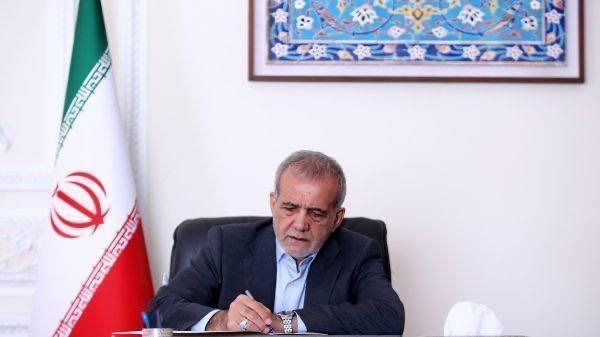
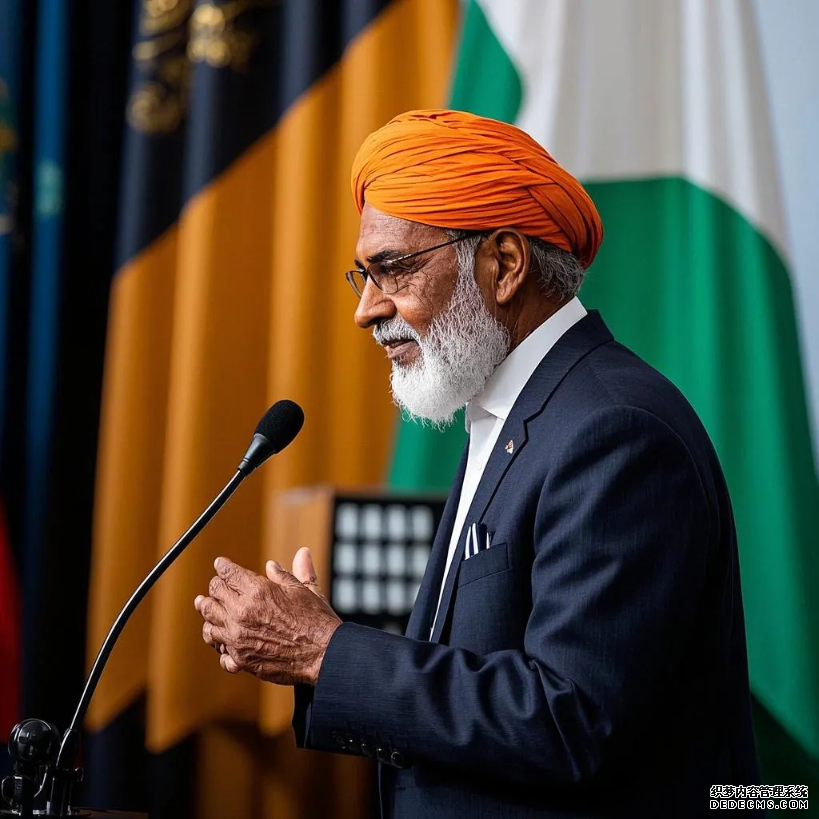
 Wonderful guide
Wonderful guide

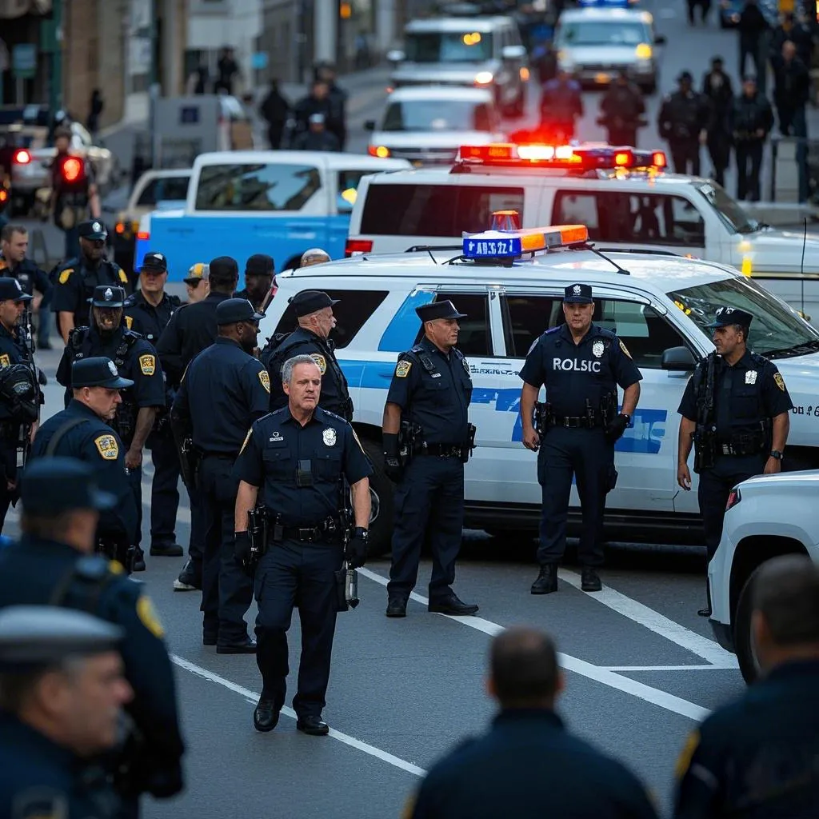
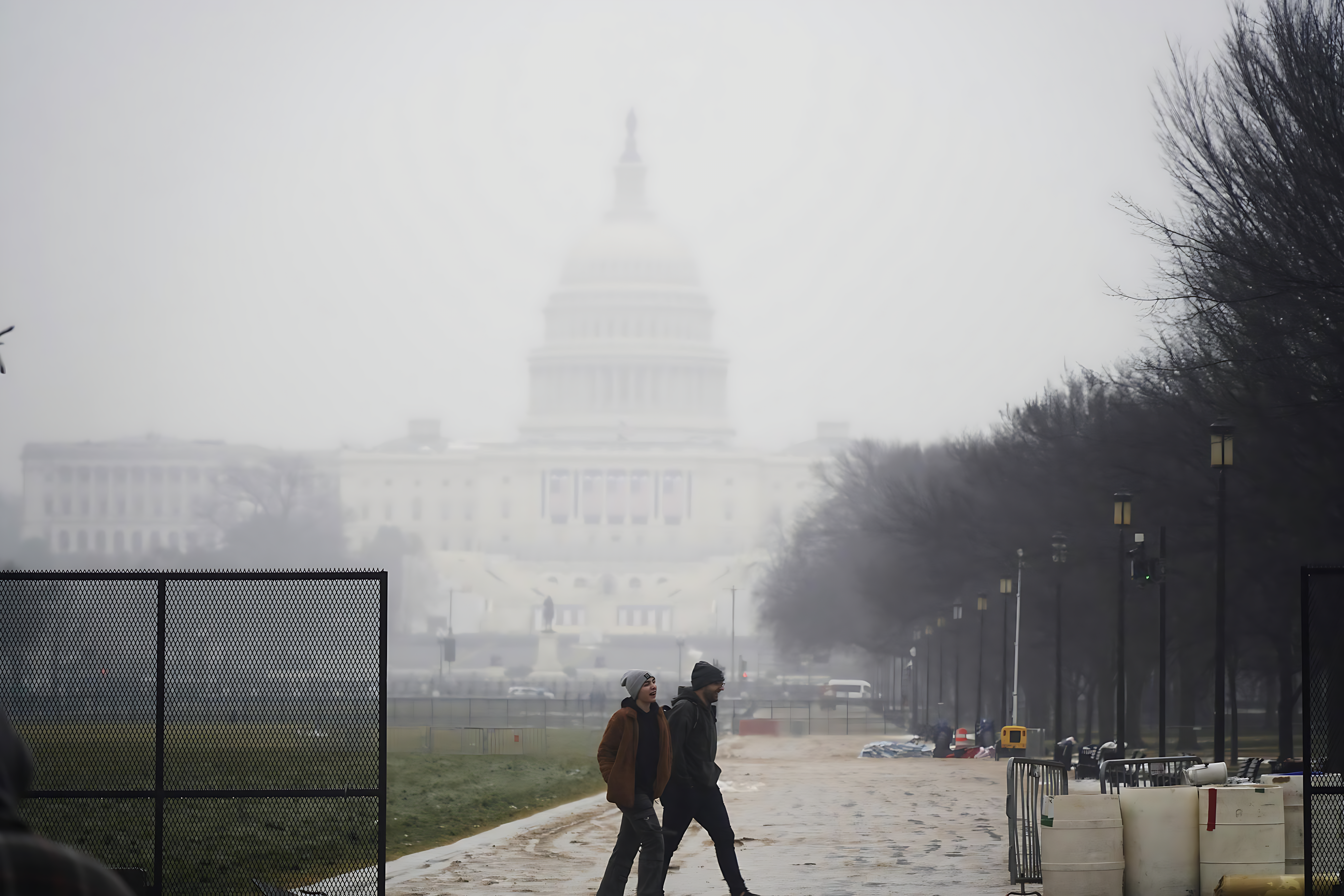
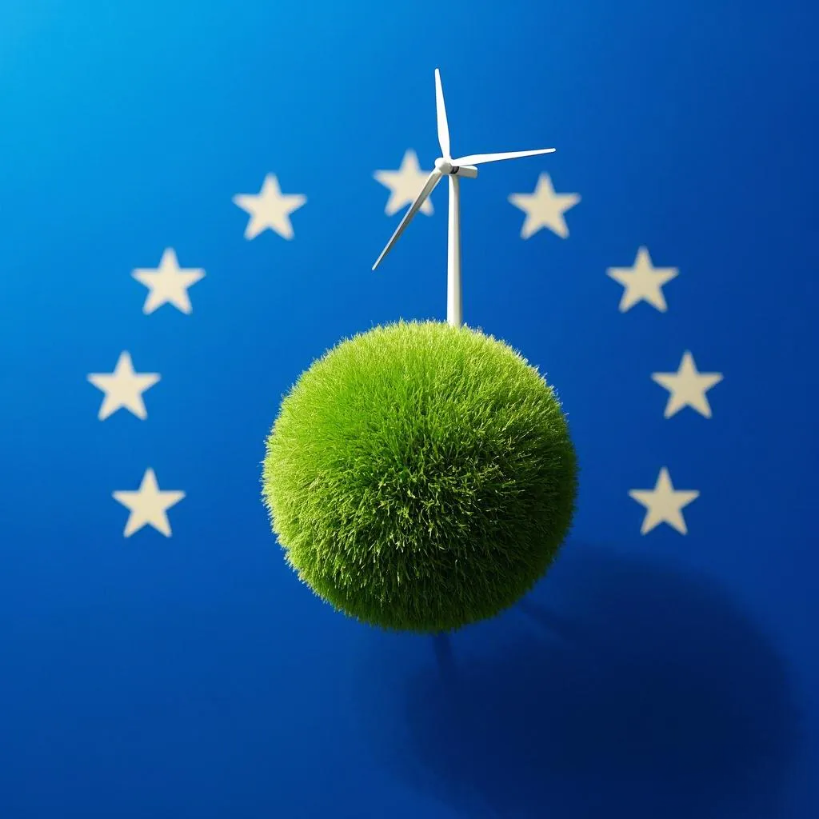
 Hot News
Hot News